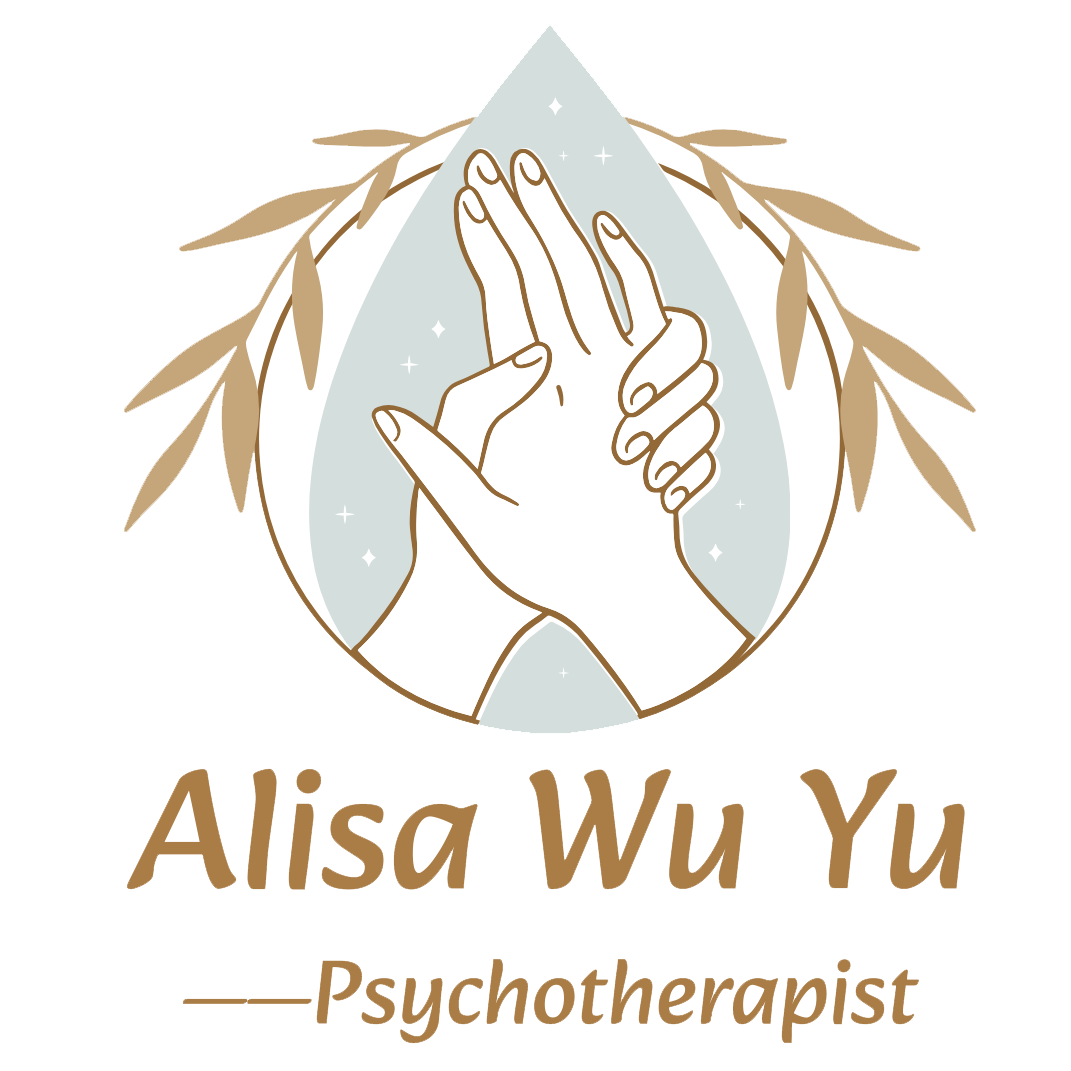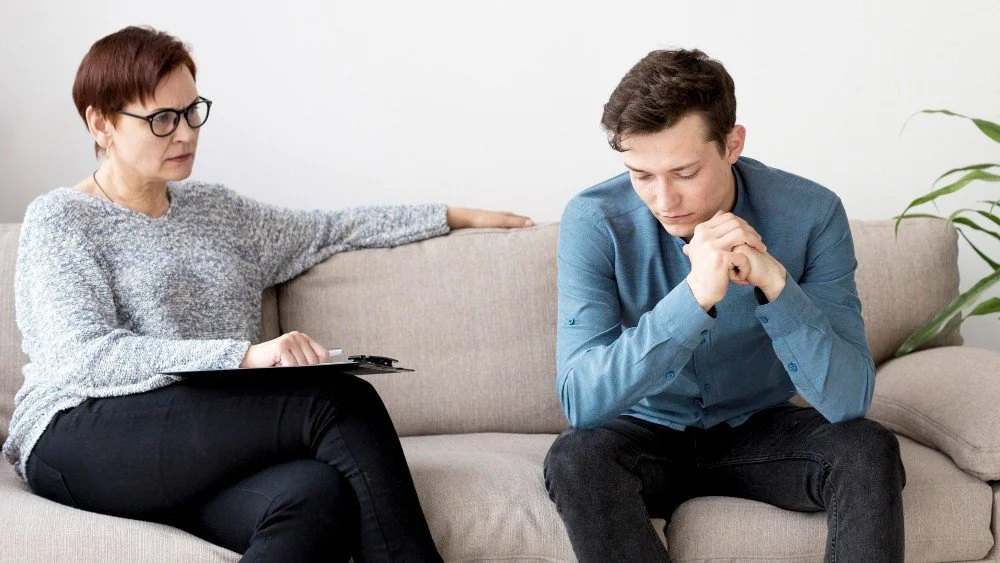Why Individual Relationship Therapy in NYC Helps You Build Healthier Connections?
Table of Contents
- A Quick Introduction
- Understanding the Need for Support
- Why Emotions Sometimes Shut Down?
- The Power of Slowing Down
- Building Connection Through Focused Approaches
- The Role of a Safe Therapeutic Space
- Reconnecting with Yourself First
- Healing Patterns in Relationships
- Embracing Change with Compassion
- Wrapping Up
A Quick Introduction
Life is like walking the fine line as feelings, relationships, and commitments collide simultaneously. What most individuals are not quite sure how to digest what they are feeling, or worse still, even know what is inside.
Feeling a sort of emotional flatness, such as the world has gone grey, or being confined behind the anxiety that lacks any obvious reason, is not unusual. These can be silent killers of confidence and disrupt relationships with other people. Therapy makes a structured environment in which to stop, consider, and process these moments instead of pushing them away.
Understanding The Need for Support
We all have tales as a product of our past lives. These stories contain some resilience, growth, and joy, and others contain loss, betrayal, or hurt. The latter tends to linger in such a manner that it affects day-to-day living.
As an example, unresolved pain may present itself by being withdrawn or having a problem with trust in relationships. Once the emotional walls are erected, it might be safe in the short term but lonely in the long. Individual relationship therapy in NYC provides a pathway to work through those walls while respecting the protective role they once played.
Why Emotions Sometimes Shut Down?
Reflect on when life has felt daunting, when you found it impossible to stop feeling when it appeared the only course of action. This survival skill is acquired by many individuals at an early age due to family issues, childhood experiences or relationship disappointments.
Although this response might have had its purpose in the past, it can eventually hamper your chances of associating with yourself and others. It is a significant step to healing by observing where the emotions are stalled. The therapy is a softer approach to re-experiencing these patterns, without judgment, which allows one to slowly leave these patterns behind and be open to new ways.
The Power of Slowing Down
Contemporary life does not really promote tranquility. It is a luxury to spend time slowing down when there is work, social engagements, and unrelenting digital noise. However, it is the deceleration that growth usually occurs. During the therapy, you can stop and listen to what your body is telling you, about it feeling tight around your chest, thoughts running wild or even feeling empty. These signals will resemble an individual GPS that will show where attention should be paid. Through such listening, you will learn to have faith in yourself more and to connect with others in a healthier and authentic manner.
Building Connection Through Focused Approaches
One therapeutic approach that resonates deeply with many people is emotionally focused therapy in NYC. The approach focuses on the trends within relations and the ways emotions influence it.
It does not consider only behavior but assists in revealing behind reactions the vulnerable feelings. As an example, fear of abandonment may be covered by anger and shame may be covered by silence. Once these buried feelings are brought to the surface, you learn to react differently in your relationships, in the least defensive way possible and more freely.
The Role of a Safe Therapeutic Space
Taking the first step to the therapy may be frightening particularly when it is the first time. This is the reason why it is essential to find the right fit. Alisa Wu Yu Therapist, a place you do not need to wear a mask and act that everything is alright.
Giving you a free full session will enable you to taste the water before committing to it. The result of such openness is the creation of trust, without which it would be impossible to do meaningful work. When you feel secure in therapy, you can be open and honest about vulnerable aspects of your life.
Reconnecting with Yourself First
When you feel that you relate to yourself, that is when relationships flourish. It is difficult to keep close with people without such an internal bond. The therapy will assist in reconstructing that bridge within you by making you open your eyes to observe what and what you feel and what you require, instead of pushing the thoughts out of your mind.
The higher your state of being down-to-earth with self-awareness, the higher the level of empathy, communication, and emotional intimacy you have. This self-connection transforms over time and creates ways in which you present yourself to your friends, partners, and colleagues, as well as strangers.
Healing Patterns in Relationships
The trends would keep recurring until they are addressed. An example to this is that you may always end up having emotionally unavailable mates or partners who are grappling with frequent conflicts at work.
Therapy enables you to discover these recurring cycles and to put a mild challenge to them. Individual relationship therapy in NYC focuses on understanding not just the external conflicts but also the internal dynamics that fuel them. Being aware of these cycles, you will give yourself a chance to establish more beneficial and pleasing relationships.
Embracing Change with Compassion
Change does not occur within a short time. It is a process characterized by patience, failures, and minor achievements. It is in therapy that you learn to have compassion for yourself.
Rather than criticizing yourself because you have not yet figured out everything, you start to notice progress in the little aspects, like not losing your temper or being able to express your vulnerability without fear. With time, these minor changes will produce a tangible change in your relationship to yourself and other people.
Wrapping Up
Good relationships do not come on a silver platter, but they are created by awareness, effort, and treatment. Therapy will provide the means and help to overcome frozen emotions and fixed patterns to enjoy more meaningful relationships and a sense of identity.
In making this commitment, you are investing in the relationships that are the most important, and the first one is that which you share with yourself. Alisa Wu Yu Therapist, offers a place where this transformation can take place, respecting your pace and showing you the way to feel more alive and connected.
Frequently Asked Questions
-
Individual relationship therapy in NYC helps you explore how your personal experiences, emotions, and patterns affect your relationships. It’s not just about fixing one relationship—it’s about understanding yourself so you can build healthier connections with others.
-
Emotionally focused therapy in NYC focuses on uncovering the emotions beneath surface behaviors. By identifying these emotions, you can better understand your needs and communicate them more openly, leading to stronger, more authentic relationships.
-
Not at all. Many people start therapy because they feel stuck, disconnected, or overwhelmed, even without a big crisis. Therapy provides tools and support for navigating both everyday stress and deeper emotional challenges.
-
Feeling nervous is completely normal. The important thing is to take the first step. Many therapists, including those offering no-obligation sessions, create a safe space where you can explore without pressure.
-
The pace varies for each person. Some notice shifts in how they respond to situations within weeks, while others may need more time. Growth is gradual, and small changes often add up to significant progress.
-
Yes, with consistency and openness. Patterns that took years to form won’t disappear instantly, but therapy helps you understand and reshape them. Over time, you’ll start to notice new ways of relating that feel healthier and more sustainable.
-
Trust your instincts. The right therapist should make you feel safe, understood, and respected. A good fit means you can be open without fear of judgment, and that sense of comfort often grows as therapy progresses.

